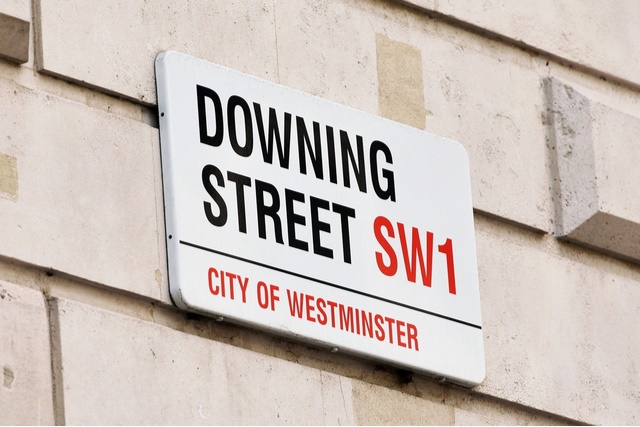Polls Pointing to Conservative Majority Fuel Euro Pound Sterling (EUR/GBP) Exchange Rate Losses
With less than a week left to go before the UK general election, the Euro to Pound Sterling (EUR/GBP) exchange rate plunged to its lowest level since May 2017.
As the polls continue to point towards a Conservative majority this encouraged markets to bet that the election will not result in another hung parliament, shoring up Pound Sterling (GBP) in the process.
While it remains to be seen whether the polls are accurate, and the potential for an upset remains, GBP exchange rates still surged higher across the board.
Even though a Conservative victory raises the risk of a hard Brexit this failed to deter investors at this stage.
Another weak month of UK car sales was also unable to dent the bullishness of the Pound on Thursday morning.
German Factory Orders Contraction Weighs Heavily on EUR/GBP Exchange Rate
Demand for the Euro (EUR), meanwhile, weakened in response to the latest German factory orders data.
Investors were disappointed as orders saw a surprise -0.4% contraction on the month in October, stoking fresh anxiety over the outlook of the German manufacturing sector.
With the Eurozone’s powerhouse economy continuing to show signs of a fourth quarter slowdown the appeal of the single currency naturally weakened.
Although November’s German construction PMI saw a solid uptick on the month this was unable to offset the underwhelming factory data.
EUR exchange rates could face further downside pressure in the near term if October’s Eurozone retail sales show a similar deterioration.
Evidence that consumers are taking a more cautious view in the face of ongoing global trade tensions could see the Euro fall further out of favour.
Without stronger levels of consumer spending to shore up economic activity the risk of a weaker fourth quarter gross domestic product looks set to grow, to the detriment of EUR exchange rates.
EUR Exchange Rates Look for Support on Stronger German Industrial Production
However, the EUR/GBP exchange rate could find a rallying point ahead of the weekend if October’s German industrial production data shows signs of resilience.
A modest rebound in monthly industrial production may limit anxiety over the health of the German economy, in the short term at least.
As long as production shows signs of picking up this could help to diminish bets of an imminent growth contraction.
On the other hand, the EUR/GBP exchange rate is also likely to remain under pressure thanks to UK political developments.
Unless markets see reason to reassess the likely outcome of next week’s election the Pound may remain on a stronger footing in the days ahead.
Even so, while a parliamentary majority would give markets cause for relief the lingering issue of Brexit still looks set to hang over GBP exchange rates.
If the Conservatives appear prepared to push for a harder Brexit scenario this could see the Pound’s bullishness fade once again.


Comments are closed.